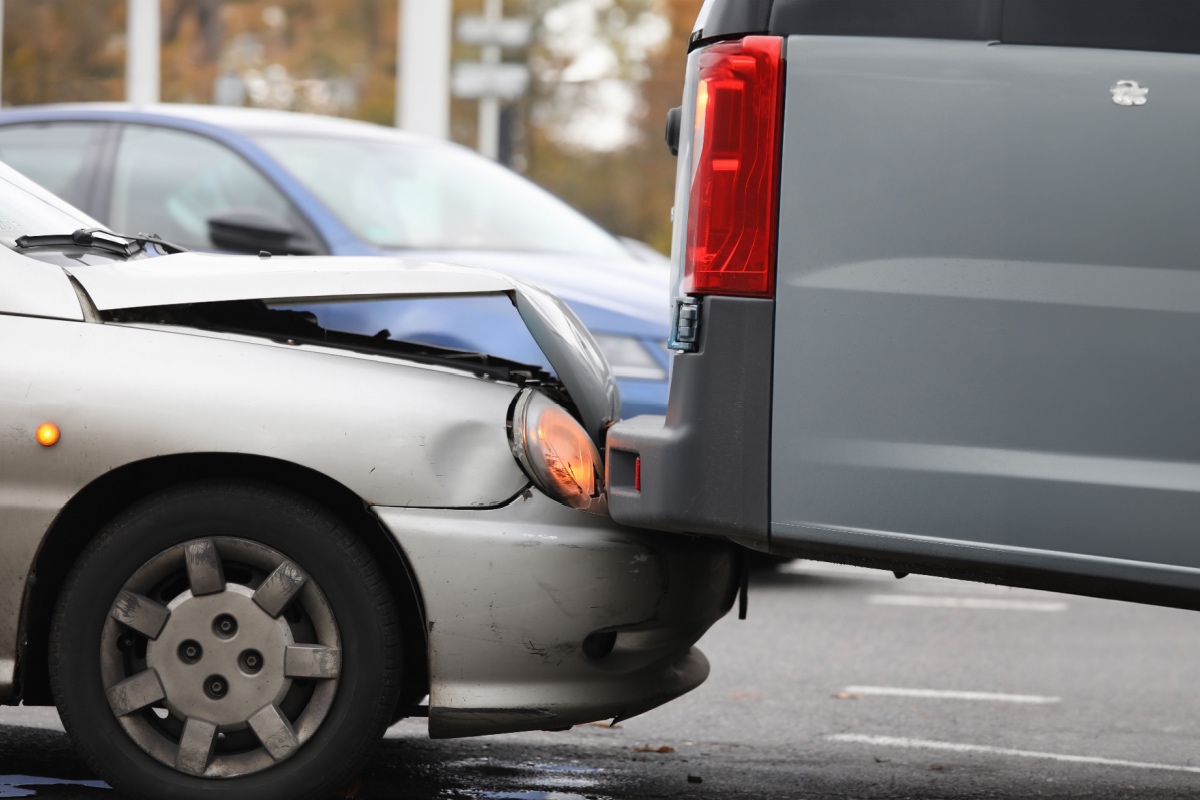
West Virginia has 549 miles of interstate and 37,277 miles of public roads. Commercial truck drivers from all over the country use these roads. Unfortunately, every year approximately 5,000 trucks are involved in fatal collisions. Over half of West Virginia’s truck collisions involve carriers who operate out of state, so filing an accident claim becomes more difficult. Because the company is out of state, people may assume they will be unable to act or hold the company responsible for their negligence. However, this is not true. Companies that own commercial trucks are responsible for their fleet as well as their drivers. Due to commercial vehicles’ size, truck owners must carry insurance policies with much higher limits than the standard auto insurance policy.
Respondeat superior, or more commonly known as vicarious liability, is the legal doctrine that allows an employer to be held liable for the actions of its employees – if the action is committed while on the job. This means that trucking companies are liable for their employee’s negligent actions such as speeding, reckless driving, drunk driving, and driving with improperly secured cargo. Trucking companies can also be liable for their own negligence. Common reasons why companies are liable include:
Determining who was at-fault in a trucking accident can be difficult. However, there are multiple ways to collect appropriate evidence to determine the at-fault party. When a truck has been in an accident, tests are administered to determine whether the driver was under the influence of alcohol or controlled substances. The drivers cell phone records may also be reviewed. This is because FMCSA regulations ban truck drivers from texting and other forms of hand-held phone use while driving. Additional forms of evidence can include:
Proving a trucking company’s liability in West Virginia is no easy task. Therefore, a truck accident victim must seek the help of a knowledgeable attorney as soon as possible. Trucking companies only maintain certain records for a limited amount of time. Call us at West Virginia truck accident promptly to ensure all the necessary records can be obtained before the company alters, loses, or destroys them.

Attorney Timothy Manchin established the Manchin Injury Law Group in 2011 after his law partner of more than 25 years became a West Virginia circuit court judge. His focus is on helping individual clients and entire families victimized by negligent acts.
We offer a free initial consultation at our office in the Manchin Professional Building — our home since 1983 — conveniently located in Fairmont.
If you are unable to visit our firm, we can come to your home or hospital room.
Fill out the form below to get in touch!